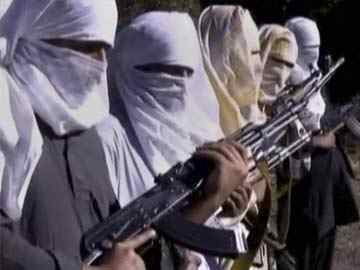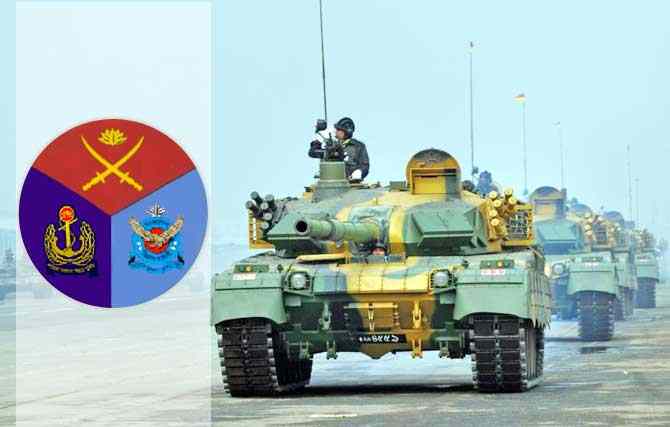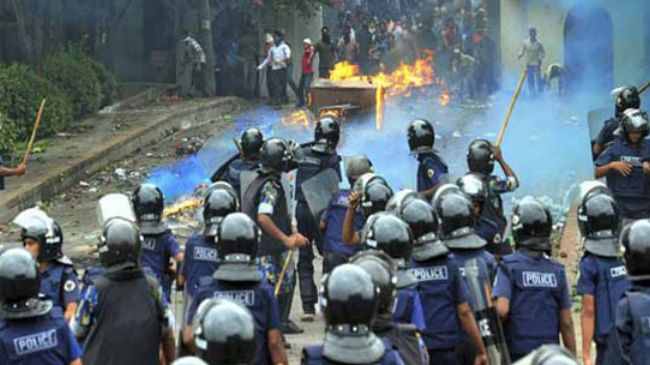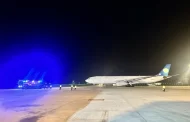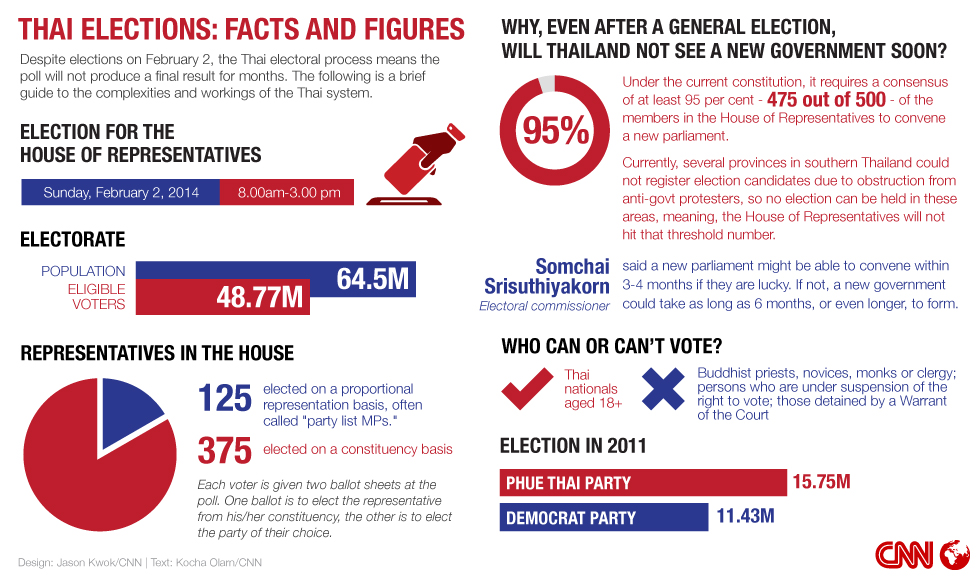The invasion of Afghanistan that forced the Taliban from power began 10 years ago this week but the Taliban were not completely defeated. The BBC’s Paul Wood in Kabul looks at the state of the insurgency today and asks: “Could they be back?”
The wind blows in from an empty desert plain, whipping around a hunched figure kneeling, blindfolded and chained, on the ground. He is about to be executed by the Taliban.
Insurgents with rocket-propelled grenades strapped to their backs assemble an expectant crowd. Many watching have camera-phones – it is how we obtained the pictures.
Standing to one side are three young women wearing burkas. They will kill him.
The man is their uncle. He murdered their parents and two siblings in a dispute over family honour. Their mother was committing adultery, the villagers said. Their father, the condemned man’s brother, refused to do anything. The uncle, shamed and enraged, opened fire at a car carrying the whole family.
The man has to pay for killing four people. Blood for blood. Taliban fighters help the girls to hold a heavy Kalashnikov. They are just inches from the man about to die.
“Pull the trigger,” says one of the Talibs. “It’s easy.”
One by one, the women shoot him.
A large crowd has turned out for the execution. They jostle for space on the roof of the smart new community centre built by a Danish NGO. Some, no doubt, are there out of fear of the Taliban. Others enthusiastically shout “God is Great” as sentence is carried out.
“People were happy this man was shot like this,” one of those present recalls.
“The Taliban control 20 to 30 villages around here. They catch thieves. People like what they do. The government doesn’t punish criminals but the Taliban do.”
It is 10 years since the invasion of Afghanistan but Nato still has not beaten the Taliban. So they remain in charge in remote areas like this, a village 60 miles from Herat, in the west of the country.
The execution, with the three young women being pushed forward to pull the trigger, was a shocking, even a ghoulish, spectacle. It will draw the condemnation of human rights groups.
But where the Taliban have support, largely in the conservative countryside, it is because of this harsh brand of justice, not in spite of it.
Still, many – probably most – Afghans do not want to see the Taliban back.
They worry about what might have to be given up if the insurgents get even a measure of influence over the life of the nation once again. Over the past week there have been demonstrations in Kabul against doing any kind of deal with the insurgents.
That will depend on what happens on the battlefield. Where Nato has reinforced, in the south, it is pushing the Taliban back. But elsewhere, in the east for instance, the militants have gained ground.
We spoke to militants across the country about why they were fighting.
Many said they had joined the insurgency after relatives were killed by Nato bombing. Some were tired of the conflict but said they would not give up until Nato had left Afghanistan. Most said they could move openly in areas where they once hid from Nato or the Afghan forces. They seemed confident of victory.
One fighter, Mullah Mushk Alam, from Sari Pul province, is worth quoting at length, simply because he is so typical.
“I joined the Taliban about seven or eight months ago,” he says.
“I am carrying out jihad against the infidels because they invaded our country. I joined the Taliban because the foreigners kill a lot of people, because they search our houses with dogs, because they search our women and our children in an improper way.
“I joined the Taliban because of this corrupt government.
“Two of my brothers and my uncle were killed by Nato bombing. When they brought the dead bodies to my house, that was the day I decided to start fighting Nato.
“It’s not just me; there are many like me. Day by day the number people joining the Taliban is increasing. Where there were 10 Taliban fighters in one village, now there are 100.
“The Taliban do not pay us. We spend the money to fight from our own pockets. We are winning because Islam will always be victorious.”
Most of those interviews were carried out by local cameramen because foreigners stand a good chance of being kidnapped if they travel to Taliban-controlled areas. But I did go to see one Talib fighter, in a house we chose for the interview on the outskirts of Kabul.
I wanted to meet him because his brother is a serving officer in the Afghan army. That seemed extraordinary – though further research revealed that such divided families are not as unusual as you might think.
Sitting cross-legged on the carpeted floor, “Rahimullah” told me he was aged 20 and had been in the Taliban since he was 16. I asked him if he was prepared to kill his brother, the army officer, if necessary. The answer, calmly delivered, was chilling: “Whoever joins the infidels, we will fight them.
“Even if it is my brother, even if it is my father. Our religion requires this.”
That seemed both tragic and evidence of the kind of ruthless campaign the Taliban are accused of waging. Did he support, for instance, the use of child suicide bombers by the insurgency?
“We don’t force people to do suicide attacks,” he said. “They want to sacrifice themselves for their religion.”
His older brother, “Abdul Rashid”, was not at all ideological. He told me he was in the army just to collect a salary. He did not support either side but, when pressed, said he thought Nato were “infidels”, and he feared the insurgents.
“The Taliban control my village,” he said. “Elsewhere in the province they have checkpoints on the roads at night everywhere. Without my brother in the Taliban I could be stopped and taken away.”
A lieutenant, he was second-in-command of 80 men. Would he help the Taliban if they asked him? An officer in uniform could be a valuable asset to the insurgents.
High-profile attacks
“If the Taliban put pressure on me, I will have to do it for them,” he replied miserably.
That was just one family, in one province, Wardak. But the contrast between the reluctant army officer and his committed Talib brother is not good for Nato. The whole strategy to get out of Afghanistan relies on handing over to the local forces, which Nato hopes will fight the Taliban vigorously.
Nato believes that, overall, things are going its way. According to its figures, violence is down nationwide 7% over the year, falling 27% in one of the most difficult provinces, Helmand.
But behind the statistics are high-profile attacks like those in Kabul recently, which have massive strategic impact. The Taliban are not winning but they are not exactly losing, either.
Following the assassination of former President Burhanuddin Rabbani, the Afghan government has suspended efforts to reach out to the insurgents.
But few doubt that, eventually, they will have to talk to the people behind the attacks in Kabul and executions in the countryside.
@ M Rahman / eNewsDesk







